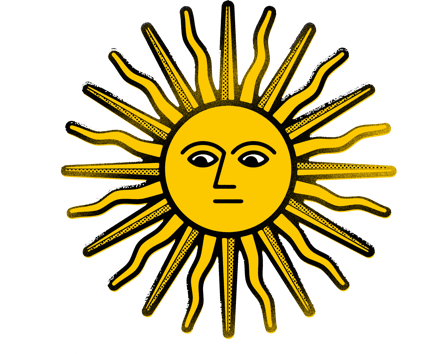Fernando Cabello-Astolfi, business angel, on the attractiveness of the Canary Islands for investment and the great talent on the Islands

Fernando Cabello describes himself as an investor who “has been a cook before he became a friar”, since before starting to invest he was an entrepreneur, and that is why he affirms that he has a very empathic look when it comes to investing in a startup.
He believes that before setting up a company there are a series of questions that must be asked: “What opportunity am I seeing and why have others not seen it? How big is the market? What minimum investment am I going to require? ...” You have to investigate very well before undertaking to know if you are not “building a bonfire of banknotes”. Even so, Fernando believes that the error is a great travel companion, which must be taken care of and from which there is much to learn.
If you're coming up with an idea that sounds good to you, someone else has probably already come up with it or someone else is coming up with it at the same time. For Fernando, this is a good sign of success, “it is usually a bad sign when you come up with an idea that no one else has thought of.” The companies in which he invests are usually from the fintech sector (financial technology) since it is what he understands best.
Most investors agree that the competition to find talent is increasing. Based on his experience, Fernando came to the conclusion that people who had learned the necessary knowledge for their work on their own had better performance than those who “had studied it in a regulated manner.” In addition to talent, the diversity in the team is a very valuable asset for him. He believes that when you have a uniform team, you tend to produce uniform thinking, and that the more diversity there is, “the richer, more powerful and more varied the ideas that emerge.” During his professional career, he has undertaken and invested in startups in Latin America.
The potential of the Canary Islands
Fernando already knows what it is like to be a client of a Canarian company and he says that, without a doubt, he would be one again. He acknowledges the “attractive” fiscal status of the islands and believes that it could be exploited more systematically, because so little is known. He also talks about the pull of talent that exists in the Canary Islands, although he believes that “they don't have many other options than to leave the islands to find work.” Still, due to the COVID pandemic, the world is becoming more remote-friendly, so that brain drain may be reduced. The investor is convinced that the islands could exploit their potential much more, “The Canary Islands could have a program to attract startups that would allow them to position their assets in a much more effective way than what is happening now.”
The possibilities of tokenization as a form of investment
Early-stage companies are those that, at the moment, are little more than an idea. Before a startup starts looking for investment, when it is still in this phase, Fernando advises having evidence of product fit, of product fit.
The token world is becoming more established in our country and now they are also used as a means of financing. The investor recognizes that this world “opens up new possibilities that are very suggestive to him”. Still, he doesn't see it as much different than traditional stocks or shares in a company. Something with which he does not agree is with “putting the surname crypto or token on everything and that simply because of that the creation of value is presupposed”.
Fernando has three pieces of advice for those who want to start investing in the early stages. The first is to learn and listen before investing, “listen to 20 or 30 startup pitches and force yourself not to invest in any of them to draw conclusions about what counts, what inspires you more confidence, what elements give you more security…”. The second piece of advice is to invest only in what the person understands very well and the third is to have evidence of product fit and go to market fit, “many people talk about product-market-fit and there for me two things are mixing different”.








0